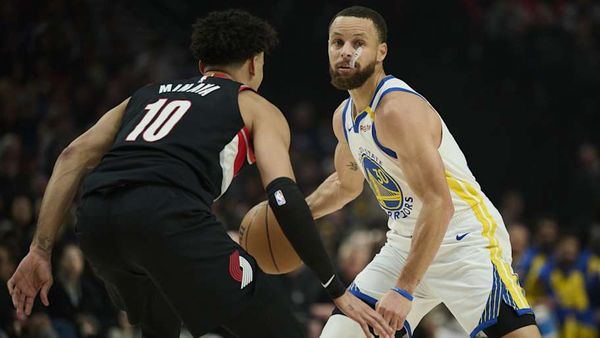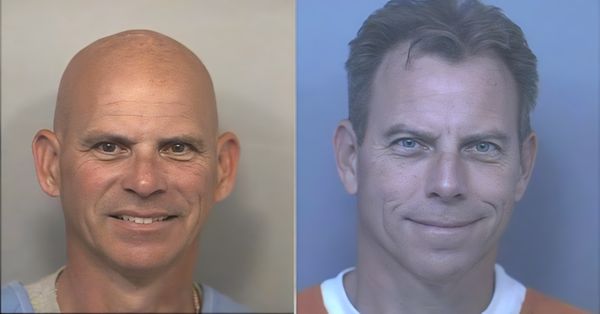
While today’s Elon Musk is most well-known for his work at Tesla, SpaceX, The Boring Company and soon Twitter, Musk has been founding companies since 1995. After selling his first startup, Zip2, in 1999, Musk went on to have his hand in several different successful companies, right up to the ones we know him for today.
 |
Above: Elon Musk. Photo: Brazil's Ministry of Communications (MCOM) / Wikimedia Commons
In an op-ed from The Wall Street Journal, John Tamny detailed many of Musk’s successful business ventures and disruptions, not the least of which was X.com, which would later become PayPal. After selling Zip2, Musk bet much of the $21 million he gained from the sale to a future company that confounded many, but has paid off in the long run.
“He’s got $13 million in,” said Musk of his wealth to recruits of X.com, prior to becoming PayPal.
Today, PayPal’s market capitalization is around $84 billion, which shows the previously untapped market of which Musk was already aware. Still, Musk told author Jimmy Soni that large credit card companies “should have killed us when they could have,” and that PayPal “was a hard company to keep alive.”
PayPal was bought by eBay in 2002 for a $1.4 billion stock deal after Musk had already put his own personal wealth on the line for a business that nobody seemed to care about — at first.
Living on the edge of margins with tight parameters has always been characteristic of Musk’s companies. Musk went on to invest in SpaceX and Solar City, and he went on to avoid bankruptcy for Tesla in 2008. A far cry from today’s landscape young electric vehicle industry, Musk poured his last bit of money into a company few thought would turn out to be successful.
Now, Musk has gone from a millionaire to a billionaire in just two decades, earning him the title of the world’s richest person with about $217 billion currently to his name. Tesla, at the time of this writing, has a market cap of about $737 billion, and Musk is actively completing his purchase of Twitter for $44 billion.
Above: Elon Musk recently discussed his vision for the future of Twitter with Bloomberg. Youtube: Bloomberg
There’s no denying that Musk has used his wealth to leverage future companies into the current market’s limelight, disrupting whole industries and putting it all on the line for products he believes in. And amidst a Twitter purchase through which Musk says he’ll quadruple the social media company’s revenue by 2028, it’s that same foresight that’s worth watching unfold.
===
Source: The Wall Street Journal







